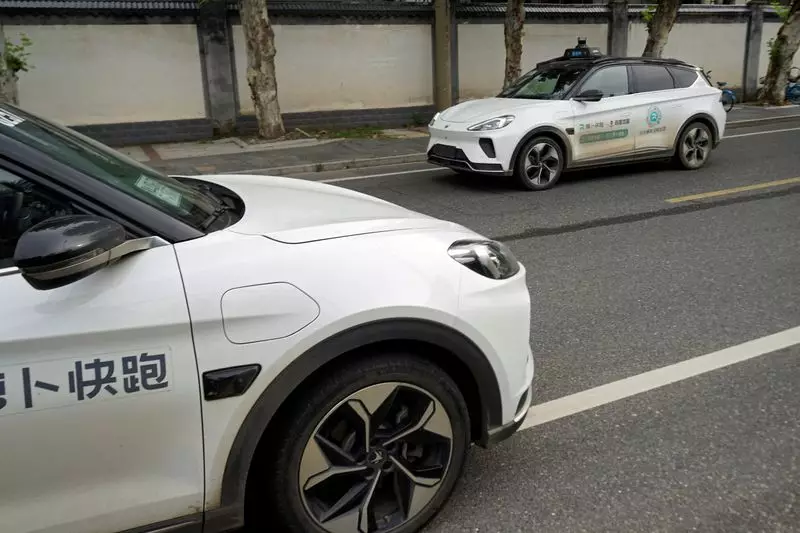Baidu, a frontrunner in artificial intelligence and autonomous vehicle technologies, has recently achieved a significant milestone by securing a license for its Apollo robotaxi service to conduct trials in Hong Kong. This permission aligns with Baidu’s ambition to broaden its operational horizons beyond the borders of mainland China. As the company gears up for a systematic rollout, it sets a precedent within a region that has shown a burgeoning interest in autonomous vehicle technology.
The Hong Kong Transport Department granted Baidu Apollo International Ltd. the authority to test ten autonomous vehicles in the North Lantau region. This license is set to be effective from December 9, 2024, through December 8, 2029. Notably, Baidu’s initial testing phase will encompass only one autonomous vehicle operating on designated road segments at any given time. To ensure safety, a backup operator must be present in the vehicle to intervene if the situation demands it, reflecting a cautious and controlled approach to this novel technology.
The Hong Kong government’s interest in autonomous vehicles has been apparent since 2017. However, it wasn’t until the recent update of regulatory frameworks in March 2023 that more expansive trials began to gain traction. Baidu’s license marks a significant moment within this evolving landscape, being the first issued under the new regulatory conditions. This proactive stance taken by the Hong Kong authorities indicates a commitment to fostering a conducive environment for innovation in the automotive sector.
Baidu’s Apollo Go robotaxi service has already made strides across several Chinese metropolises, boasting an impressive fleet of over 400 vehicles concentrated in Wuhan. As the global race to commercialize autonomous vehicles intensifies, Baidu is setting its sights on international markets, eyeing expansions into regions such as Singapore and the Middle East. This strategic pivot underscores the company’s aim to not only solidify its presence in its home market but also to carve a niche in diverse global locales.
With advancements in autonomous vehicle technology attracting considerable attention, Baidu is entering a competitive arena. It faces not just local rivals but also international companies seeking to establish themselves in the autonomous driving sector. The ability to effectively deploy and operate self-driving vehicles in a challenging regulatory landscape like Hong Kong would potentially position Baidu advantageously against rivals, allowing it to leverage its established experience from extensive testing within mainland China.
Baidu’s entry into Hong Kong for autonomous vehicle testing represents a critical step towards not only technological advancement but also the broader acceptance of autonomous initiatives in urban environments. The careful regulatory approach coupled with Baidu’s established expertise in the sector could pave the way for the future of mobility, demonstrating how cooperation between governmental authorities and tech innovators can drive forward a new era in transportation. As Baidu embarks on this journey, it will be essential to monitor the outcomes of these trials and their implications for the future of autonomous transport in other regions.

